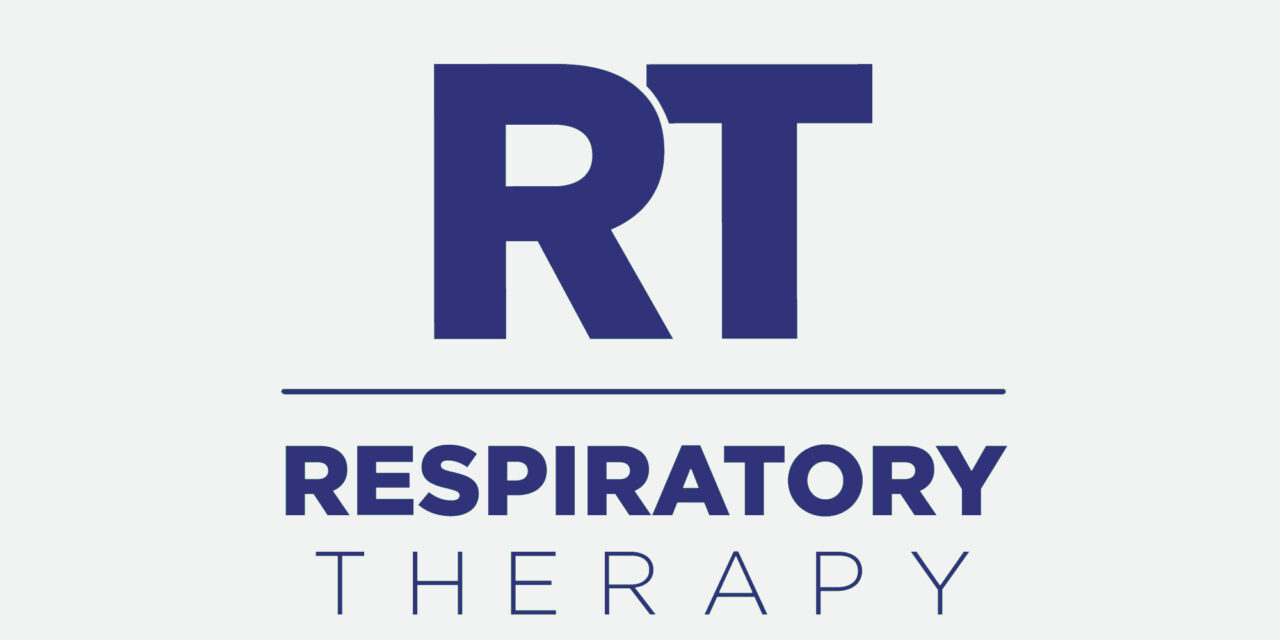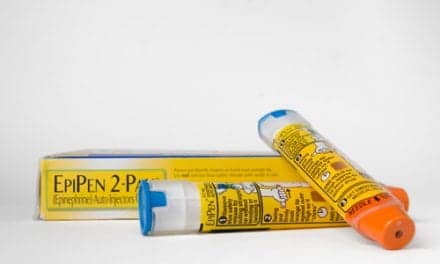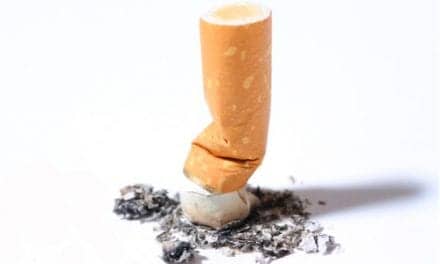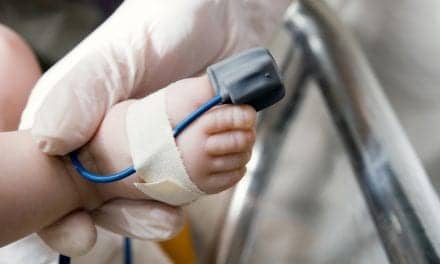When smokers are offered brief counseling by nurses and medical assistants, follow-up telephone counseling, and free drug therapy during a primary care clinic visit, the chances are greater that they will be successful in quitting the nicotine habit, a recent study shows.
The study included eight primary care clinics (four test sites and four control sites) in southern Wisconsin and 2,163 adults who smoked at least one cigarette per day. After 6 months, 15.4% of the intervention patients reported they had quit smoking compared to 9.8% of those not offered help. Lead investigator David Katz, MD, associate professor of internal medicine at the University of Iowa (UI) Roy J. and Lucille A. Carver College of Medicine, and epidemiology at the UI College of Public Health, Iowa City says the approximately $1,822 each self-reported quitter cost was a bargain compared to other more common types of health care interventions.
The study was supported in part by a grant from the National Cancer Institute and in-kind support from the University of Wisconsin Comprehensive Cancer Center. The findings appear in the April 21 issue of the Journal of the National Cancer Institute.
CPR Over-Ventilation Decreases Survival Rate
After an observational study revealed that professional rescuers consistently over-ventilated patients during out-of-hospital CPR, researchers found that the hyperventilation could also be harming those patients.
In the study, all 13 of the observed adults who were excessively ventilated died. Subsequently studying pigs, the researchers from the Department of Emergency Medicine, Medical College of Wisconsin, Milwaukee, found that excessive ventilation rates significantly increased intrathoracic pressure and markedly decreased coronary perfusion pressures and survival rates.
“All professional rescuers, including EMTs, nurses, doctors, respiratory therapists, and anyone else who does CPR as part of their profession, need to get this message: Do not hyperventilate when performing CPR,” says lead investigator Tom P. Aufderheide, MD, professor of emergency medicine at the Medical College of Wisconsin.
To prevent excessive ventilations, Aufderheide suggests intensive retraining and the use of a system that flashes a light every 5 seconds to let rescuers know when to deliver the next breath of oxygen, helping them keep the number of breaths delivered to approximately 12 per minute.
Some Spirometry Slip-Ups Raise Results
While most spirometry errors reduce test results, zero errors and changes in flow-type spirometer sensors may significantly elevate test results, regardless of whether the spirometer was calibrated recently, according to researchers in Pittsburgh. “Zeroing”—when the sensor measures an air pressure gradient when there is actually no airflow—causes falsely elevated air volumes and shifts the entire volume-time curve. Errors also can occur when the sensor is obstructed by condensation of water vapor, mucus, or a subject’s fingers. All flow-type spirometer users should be aware of the potential for and the appearance of these errors in spirograms, the researchers warn. The study appears in the May issue of CHEST.
Beta-Blocker Therapy Beneficial for Peanut Allergy Patients With Heart Disease
Peanut allergy sufferers with heart disease face a greater survival rate with beta-blocker therapy, according to new research. While epinephrine is recommended to treat severe allergic reactions to peanuts, it may be ineffective in post-heart attack patients taking beta-blockers to lower the risk of subsequent heart attacks. Using a computer simulation, John A. Tenbrook, Jr, MD, and colleagues from Tufts-New England Medical Center in Boston and National Jewish Medical and Research Center in Denver, examined the risks of death from heart disease and from anaphylaxis for a population of 10,000 patients with both conditions. They found that for peanut allergic patients who are post-heart attack or who have had congestive heart failure, the heart disease benefit of beta-blockers outweighs the increased likelihood of dying from anaphylaxis. These findings appear in the May 2004 Journal of Allergy & Clinical Immunology.
Lexington Kentucky Quits Cold Turkey
At midnight on April 26, the second-largest city in one of the country’s top tobacco-producing states called it quits.
All across Lexington, Ky, people snuffed out their last public, indoor cigarettes to comply with a Kentucky Supreme Court 6-1 ruling to uphold an ordinance banning smoking in bars, restaurants, and many other public places in the city.
The Los Angeles Times reports that the Lexington-Fayette Urban County Council passed the initial ordinance in 2003 banning smoking and related items such as ashtrays and matchbooks. The Kentucky Supreme Court stepped in after a coalition of restaurant and bar owners filed suit to overturn the law. The April decision upheld the public smoking










